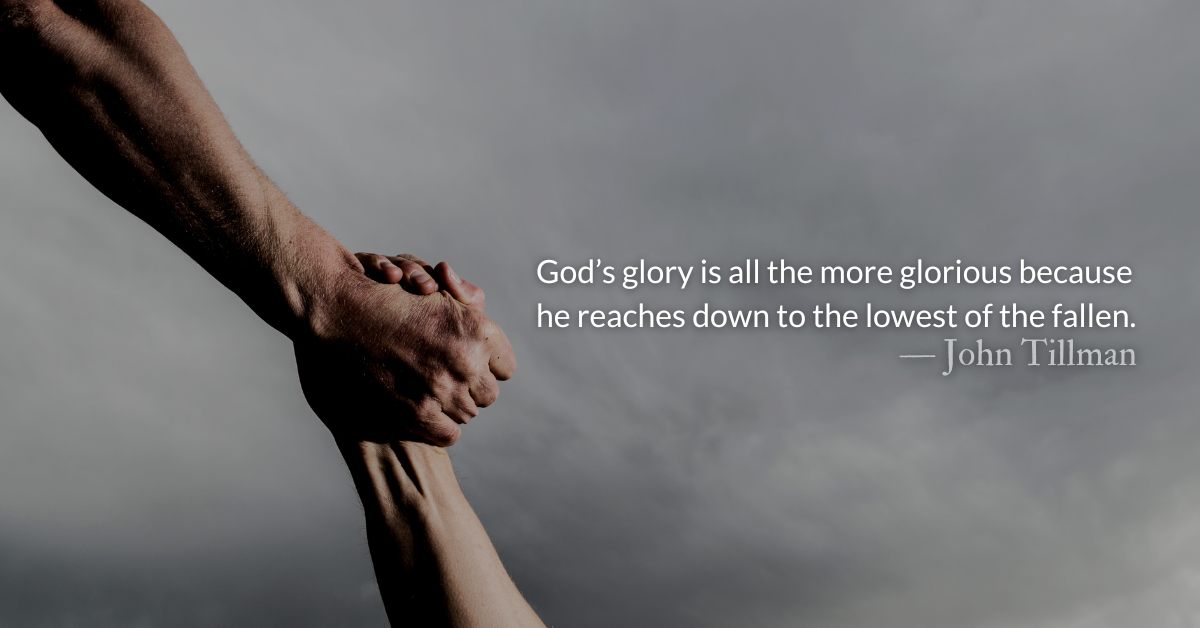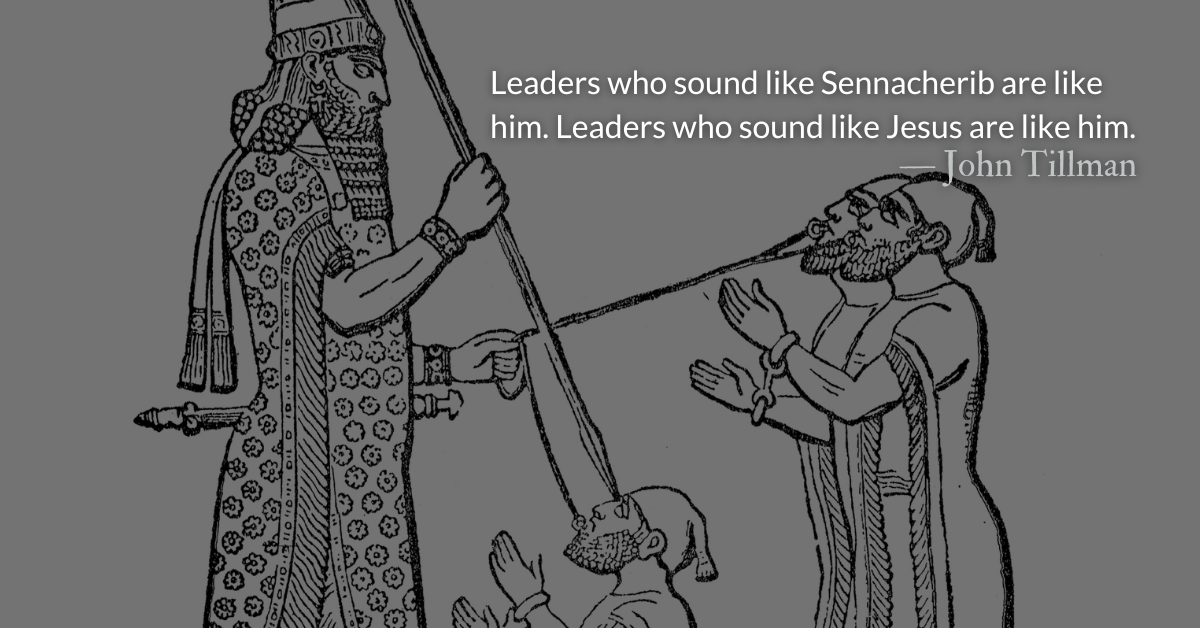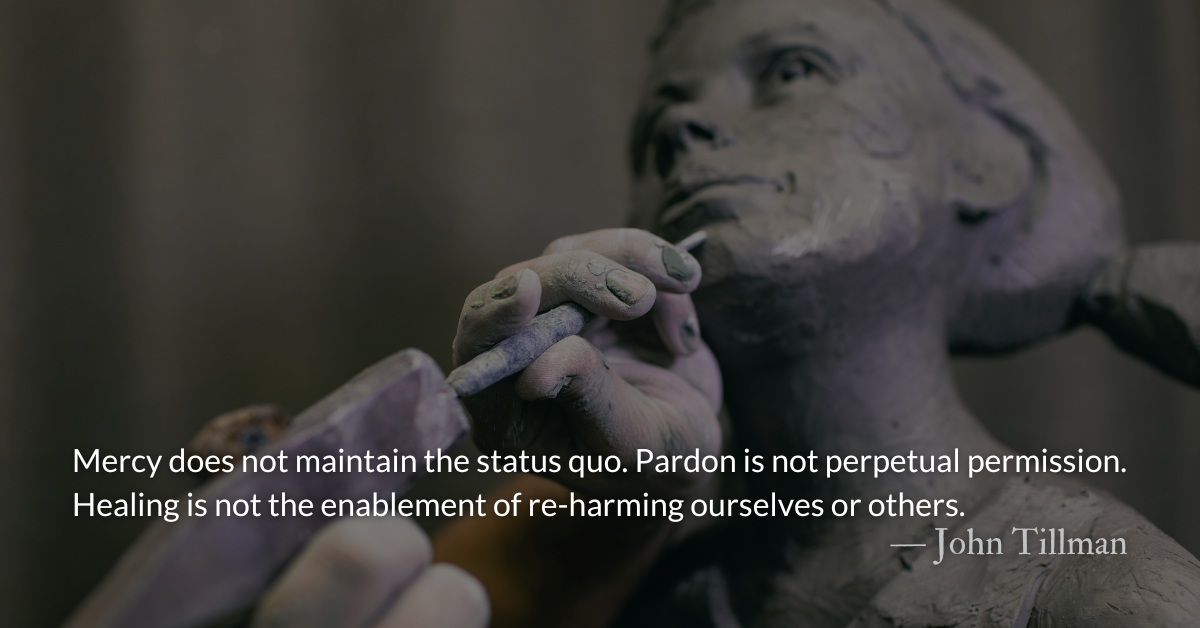Scripture Focus: Psalm 146.3
3 Do not put your trust in princes,
in human beings, who cannot save.
Reflection: The Trustworthy Prince of Peace — Guided Prayer
By John Tillman
“Princes” in scripture is not limited to genetic heirs to a political throne. It often refers to powerful and wealthy leaders in a community. Having too much trust in human princes has bad results.
Some abandon the principles of God to follow “princes” claiming to be “God’s man” or “God’s woman.” If a corrupt, abusive, or fallen leader faces consequences that might threaten or embarrass the institution, they choose to back the leader. They let the bus run over the bodies of abuse survivors, whistleblowers, and truth-tellers rather than fire the bus driver.
Some abandon faith in God because of an unfaithful “prince.” They fail to separate their faith from the identity of the leader, the institution, and its supporters. When they rightly leave the leader’s influence, they also leave behind their beliefs.
Those unwilling to admit a leader they follow is corrupt and those unwilling to follow God despite leaders who profane his name both put too much faith in “princes.” We are giving them too much power. Don’t allow wicked human “princes” to ruin your faith either by making you defend their wickedness or by assuming their wickedness is a true picture of God.
Psalm 146 tells us not to trust princes but also gives a description of God’s trustworthiness. This description is fulfilled in the life of Jesus. The only trustworthy prince is Jesus, the Prince of Peace.
Using a reworded section of Psalm 146, let us pray, inserting Jesus’ name as the trustworthy one.
The Trustworthy Prince of Peace
God, send us princes conformed to the image of Jesus the Prince of Peace.
Jesus, Prince of Peace, Maker of heaven and earth, you remain faithful forever.
Jesus, you uphold the cause of the oppressed
and give food to the hungry.
Christ the Lord, you set prisoners free and give sight to the blind.
Jesus, you stoop to lift those who are bowed down and show love to the righteous.
Jesus who fled to Egypt, you watch over the foreigner.
You sustain the fatherless and the widow.
Jesus who cleansed the Temple, frustrate the ways of the wicked today!
Christ the Lord reign forever!
You are the perfect picture of God for all generations.
Do not let us trust human princes. Let us keep our hope only in Christ.
Regardless of what prince rules our land, let the Prince of Peace rule in our hearts.
Divine Hours Prayer: The Refrain for the Morning Lessons
I will exalt you, O God my King, and bless your Name forever and ever. — Psalm 145.1
– From The Divine Hours: Prayers for Summertime by Phyllis Tickle.
Today’s Readings
2 Chronicles 34 (Listen 6:23)
Psalms 146-147 (Listen 3:09)
This Weekend’s Readings
2 Chronicles 35 (Listen 5.25) Psalms 148 (Listen 3:09)
2 Chronicles 36 (Listen 4.26) Psalms 149-150 (Listen 1:36)
Monday’s Readings
Job 1 (Listen 3.38) John 1 (Listen 6:18)
Read more about Pause To Read
The 2nd full episode of our podcast is out today. Please keep spreading the word. Share and rate the episodes to help others find the show.
Read more about Supporting Our Work
Time is running out to be a donor in 2023. Please consider supporting our ad-free content that brings biblical devotionals to inboxes across the world.











